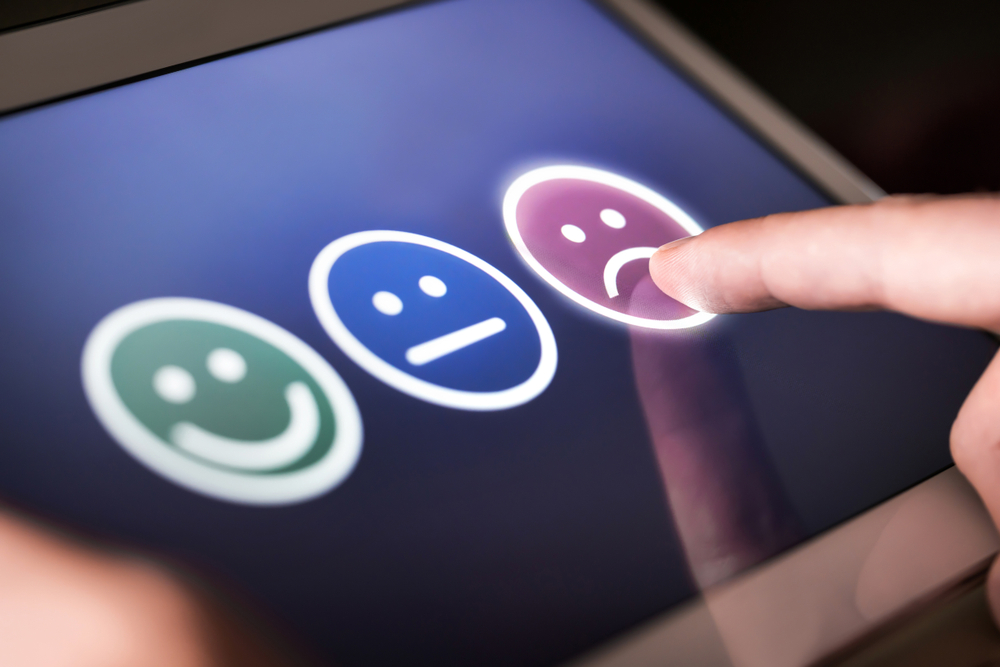
The word “cheap” carries dual meanings. On the one hand, it signifies affordability, a smart choice for a budget-conscious person. Conversely, it conveys low-quality, turning a seemingly economical purchase into a not-so-smart decision, epitomized by the saying “You get what you pay for”.
Unfortunately, deciding if you’re getting a great value from whether you’re purchasing a very low-quality device can be challenging. This is particularly relevant in the realm of hearing aids.
The adage “you get what you pay for” is particularly potent with hearing aids. This doesn’t always mean opting for the top-tier option, but instead, scrutinizing offerings that boast a price tag too enticing to be genuine. Companies marketing inexpensive hearing devices frequently omit important details about their products that customers should be aware of.
Cheaper hearing aids are pretty much only amplifiers
Cheap “hearing aids” typically offer minimal functionality, mainly amplifying or reducing overall volume. When you simply amplify everything, the sounds you want to hear better are amplified but so are undesirable background noise you don’t want.
The purpose of having a hearing aid is entirely defeated if it also amplifies unwanted sound.
A contemporary state-of-the-art hearing aid, in comparison, does a lot more than simply crank up the volume. It skillfully manages sound, enhancing the clarity of desired sounds while reducing background sound. Authentic hearing aids are tailored to your distinct hearing needs, closely mimicking natural hearing with greater accuracy.
Hearing aids vs. PSAPs
The Food and Drug Administration has drafted guidelines for those who sell hearing devices and have stringent rules as to what can be labeled hearing aids.
Sadly, there are many devices out there that are advertised as hearing aids when they’re actually personal sound amplification products (PSAPs), named this because they can only amplify sound.
There are many legit and reputable providers that comply with proper marketing. But you may find some uninformed salespeople or products on Amazon or eBay that deceive consumers into thinking that these devices meet the classification of a hearing aid. Some even falsely advertise that they are approved by the FDA.
For most types of hearing loss they won’t be helpful at all
The majority of individuals who lose their hearing will slowly lose particular frequencies of sound before others. You might have a difficult time understanding a little kid or a woman, for instance, but you have no issue understanding a man with a low voice.
A cheap hearing device usually results in overall volume amplification. But just turning up the total volume will not be adequate for people who have a difficult time hearing particular frequencies. And turning the overall volume up could result in added damage to your hearing because the frequencies you don’t struggle with will be booming in your ears.
High-quality hearing aids provide a solution by being programmable to compensate for the loss of particular frequencies. They can automatically adjust the frequency you struggle to hear to one that is more audible, delivering a more customized and effective hearing experience.
You might get a lot of feedback
Cheap hearing aids are usually not custom fit to your ears. Without that custom fit, you’ll generate a feedback loop. As the speaker in your ear wiggles around, the microphone picks up the sound. What does this sound like? An ear-shattering screech.
They typically won’t help you on your cellphone
When people are looking for a budget-friendly device, they frequently sacrifice functionality like Bluetooth capability. When thinking about phone connectivity, the absence of Bluetooth is a major obstacle. Trying to amplify a cheap hearing aid while on the phone results in capturing not just the caller’s voice but also the sounds of your ear, lips, clothing, and hair brushing against the phone, making it even more difficult to hear the person on the other end.
More sophisticated hearing aids are digital and use Bluetooth connectivity to connect directly to your phone. Overall communication and clarity will be improved so you can be sure you will hear your daughter’s voice on the phone.
They were never meant to treat hearing loss
The majority of individuals would probably be surprised by this. These amplifiers were never meant to treat hearing loss. They were made to help individuals who have fairly good hearing hear things a little louder.
Cheap devices may help a little if you only have slight hearing loss. But they won’t be of much help for people who actually need hearing aids.
Where can you get quality affordable hearing aids?
There are many ways to get hearing aids affordably. Insurance or other third parties may cover them. There are also affordable brands, leasing programs, and financing possibilities. The first step is to get a hearing assessment if you suspect you may have hearing loss. Make an appointment with us so we can help you find the best and most affordable hearing aids for your level and type of hearing loss.
References
https://www.fda.gov/medical-devices/consumer-products/hearing-aids